Google on Wednesday, October 5, announced its intent to establish a new Google Cloud region in South Africa, its first on the continent.
The initiative is part of how Google is delivering on the $1bn investment commitment made last year by the company's CEO, Sundar Pichai.
Making the announcement, Niral Patel, Director of Google Cloud Africa said: “We believe in growing an open and healthy ecosystem of technology solutions to support Africa’s digital transformation goals, which leads to more opportunities for businesses. It is part of our company-wide ethos to respect the environment, which is why we operate the cleanest cloud in the industry, supporting sustainable digital transformation.
“Along with the cloud region, we are expanding our network through the Equiano subsea cable and building Dedicated Cloud Interconnect sites in Johannesburg, Cape Town, Lagos and Nairobi. In doing so, we are building full scale Cloud capability for Africa.”The new Cloud Region will help users, developers, businesses, and educational institutions across Africa to move more information and tools online, improve access options for customers, and in turn, create jobs.
Read More
According to research by AlphaBeta Economics commissioned by Google Cloud, the South Africa cloud region will contribute more than a cumulative USD 2.1 billion to the country’s GDP, and will support the creation of more than 40,000 jobs by 2030.
Google Cloud is already working with customers across the continent – helping them solve business critical challenges, get online, and access the benefits of digital technology.
In South Africa, Google Cloud works with leading retailerTakeAlot to help their three million local customers enjoy a hassle free online shopping experience
. TakeAlot built its e-commerce platform on Google Cloud, which has enabled the business to avoid system crashes during high traffic periods like Black Friday. While in Kenya, Google Cloud works with Twiga Foods – a technology driven company addressing and improving food security in Africa – helps them connect 1,000 farmers to 140,000 vendors, delivering 12,000 orders every day and storing two million kilograms of fresh produce.”
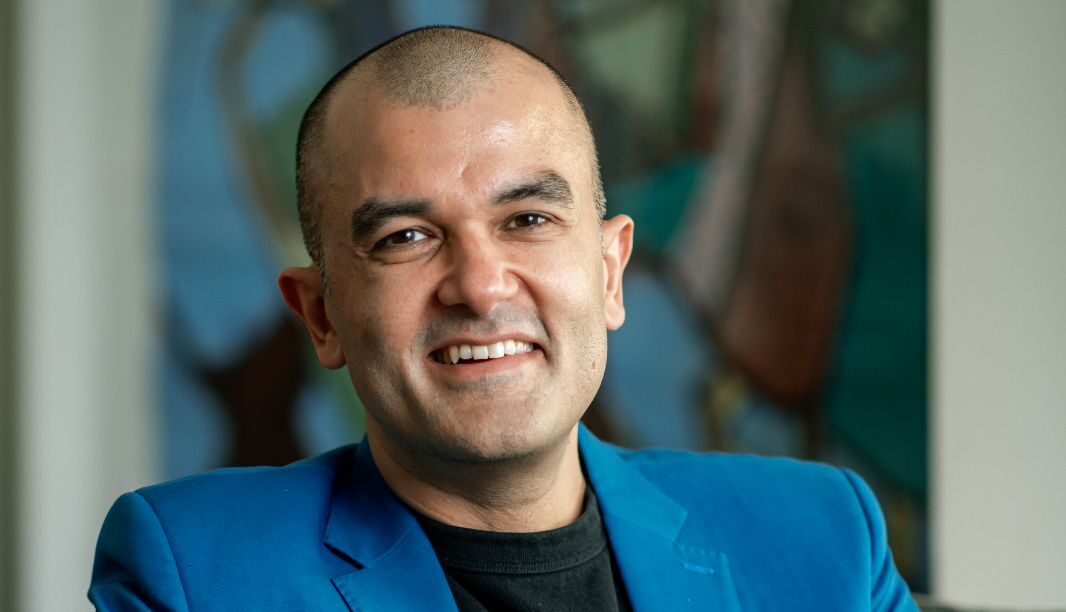

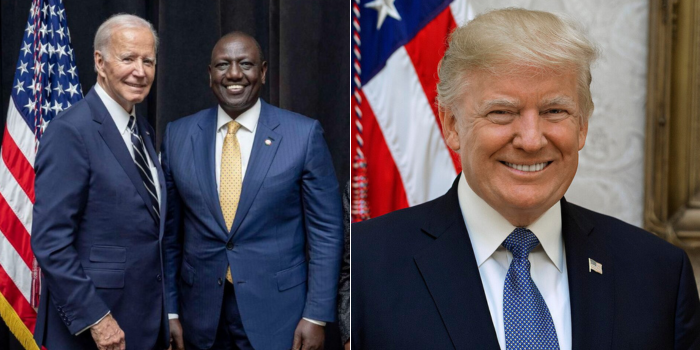
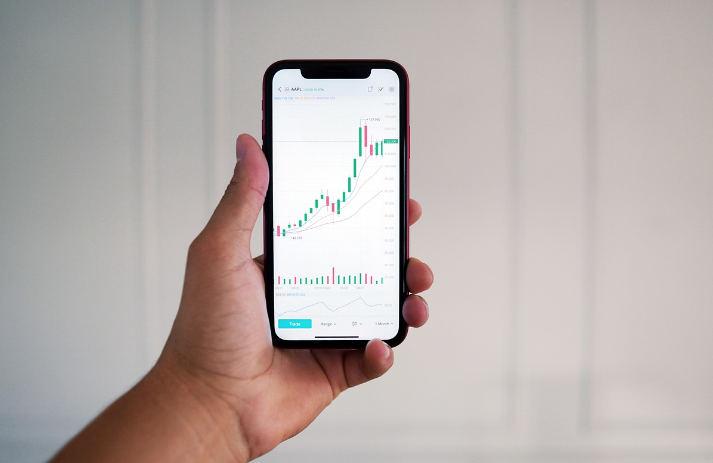

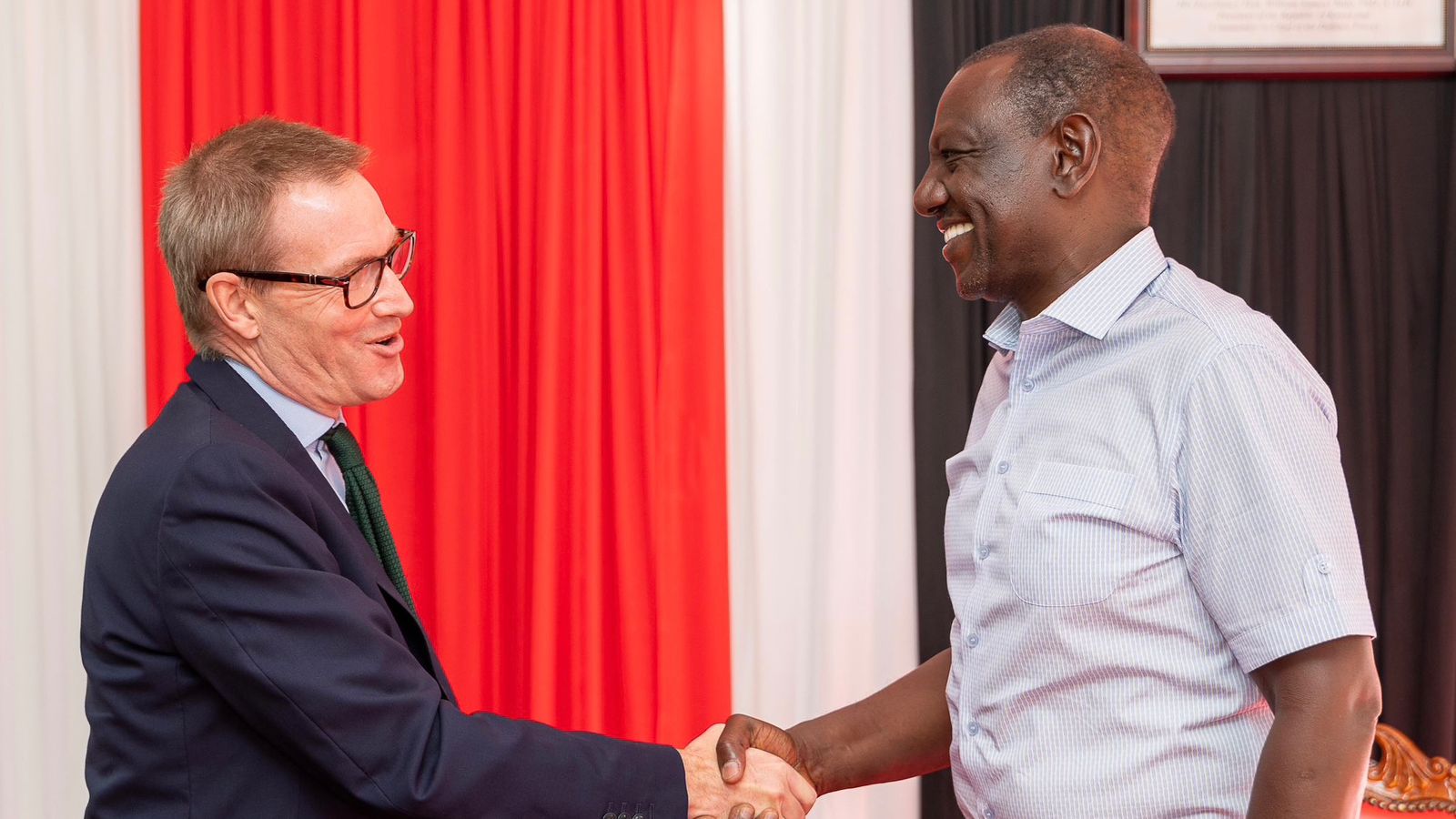
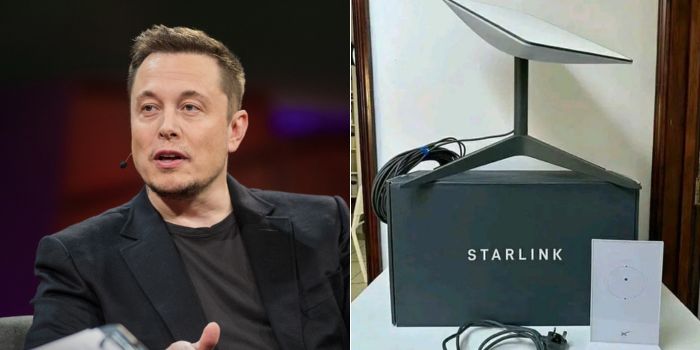

-1730977661.jpg)